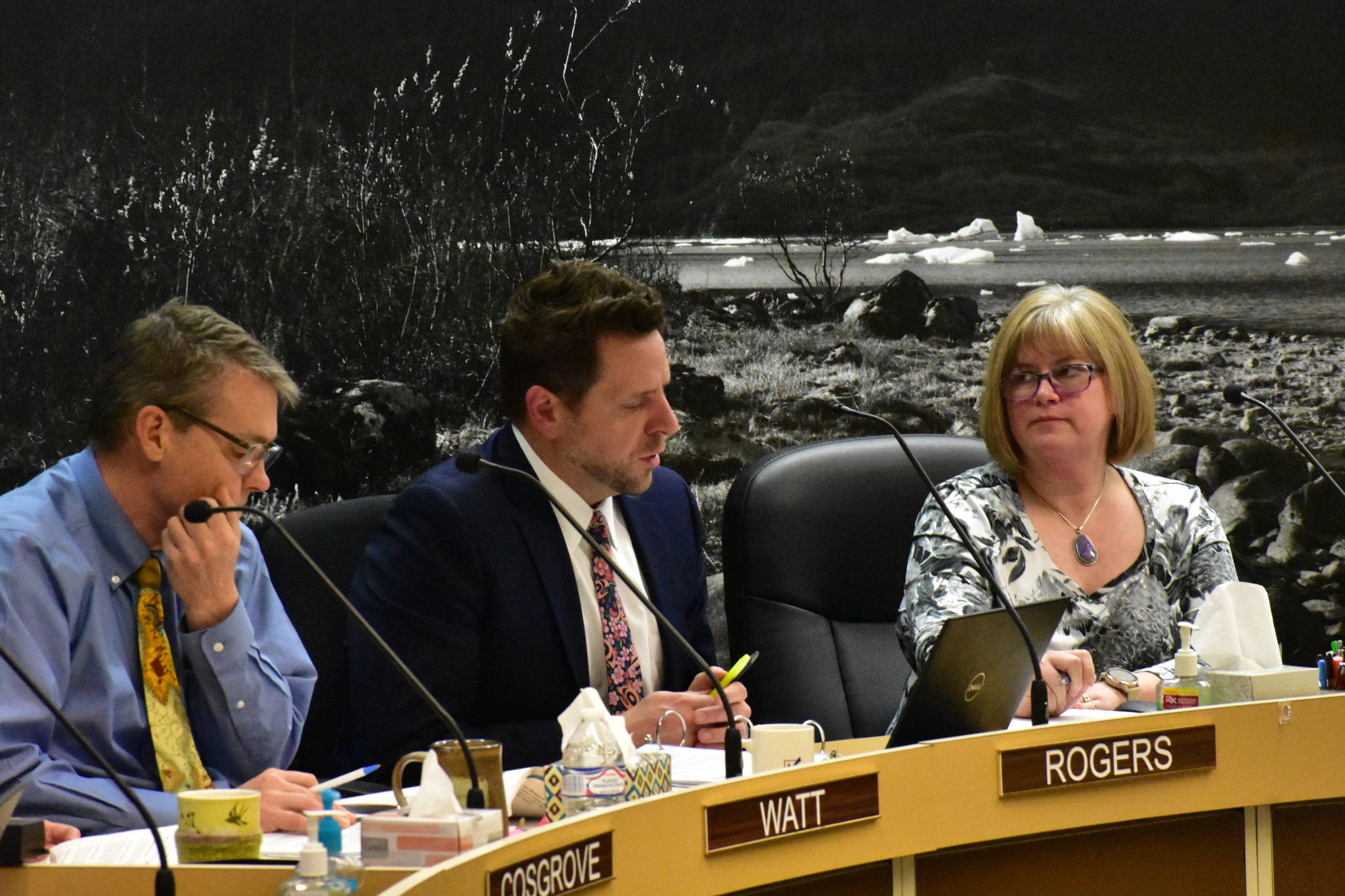The Assembly Finance Committee decided to take a closer look at possible mandatory disclosure laws from property sales at their meeting Wednesday night.
The committee will look at the issue again in March, after more information is provided regarding potential impacts of such laws.
Alaska is one of only a handful of states to have no disclosure laws when to comes to land sales between private parties. That can make it difficult to properly assess land values, and any subsequent taxes owed on those properties.
[Alaska’s lack of property laws make Juneau’s most valuable properties difficult to assess]
In December, Assembly member Loren Jones asked for more information regarding mandatory disclosure laws, and on Wednesday Finance Director Jeff Rogers presented that information to the committee.
“Having looked at the issue,” Rogers said, “I came away with the unequivocal opinion (disclosure laws) are in the public interest.”
Government assessors generally favor disclosure laws, Rogers wrote in a memo to the committee, arguing disclosure laws provided reliable information to both state agencies in determining the real value of property, and owners who submit appeals.
In response to Assembly member Wade Bryson’s question whether disclosing the sale price might automatically raise the taxes on that property, Rogers said not necessarily.
“The sales price of a property is one piece of information an assessor uses to determine the value of a property,” Rogers said.
Currently, the only way the city has of determining the price of property sale is through self-disclosure. The city is notified when a transaction occurs and sends both buyer and seller a letter asking for the price of the sale. Only a small minority answer those requests, according to Rogers, and most of the respondent are for lower value properties.
That has the effect of data being distributed unequally, and mandatory disclosure laws would lead to more equitable assessments, Rogers wrote.
“In weighing the balance between equitability and privacy, the vast majority of jurisdictions in the United States have opted for mandatory disclosure of sales prices in real estate transactions,” the memo said. Privacy, however, was something that needed to be thoroughly considered, Rogers told the committee.
Most of the Assembly members present for the meeting expressed interest in the idea, but were concerned about invasions of privacy.
Deputy Mayor Maria Gladziszewski said she was willing to begin the conversation around enacting some kind of mandatory disclosure law but wanted to figure out how to “thread the needle” when it came to maintaining privacy.
Jones asked Rogers to bring additional information concerning disclosure laws and privacy to the Finance Committee meeting in March, thus giving members enough time to consider the issue.
Enacting disclosure laws would almost certainly create the need for public comment, Jones said.
While Alaska has no state wide laws for mandatory disclosures, it does not prevent home-rule municipalities from enacting their own. Of the 11 states with no disclosure laws, Kansas, Montana and Wyoming have limited disclosure laws meant to protect individual privacy.
In a 2014 research report for the Division of Legal and Research Services for the Alaska Legislature, authors recommended pursuing laws similar to those states where, “local assesors can obtain real estate data, but the information is kept confidential with some limited exceptions.”
• Contact reporter Peter Segall at 523-2228 or psegall@juneauempire.com.

